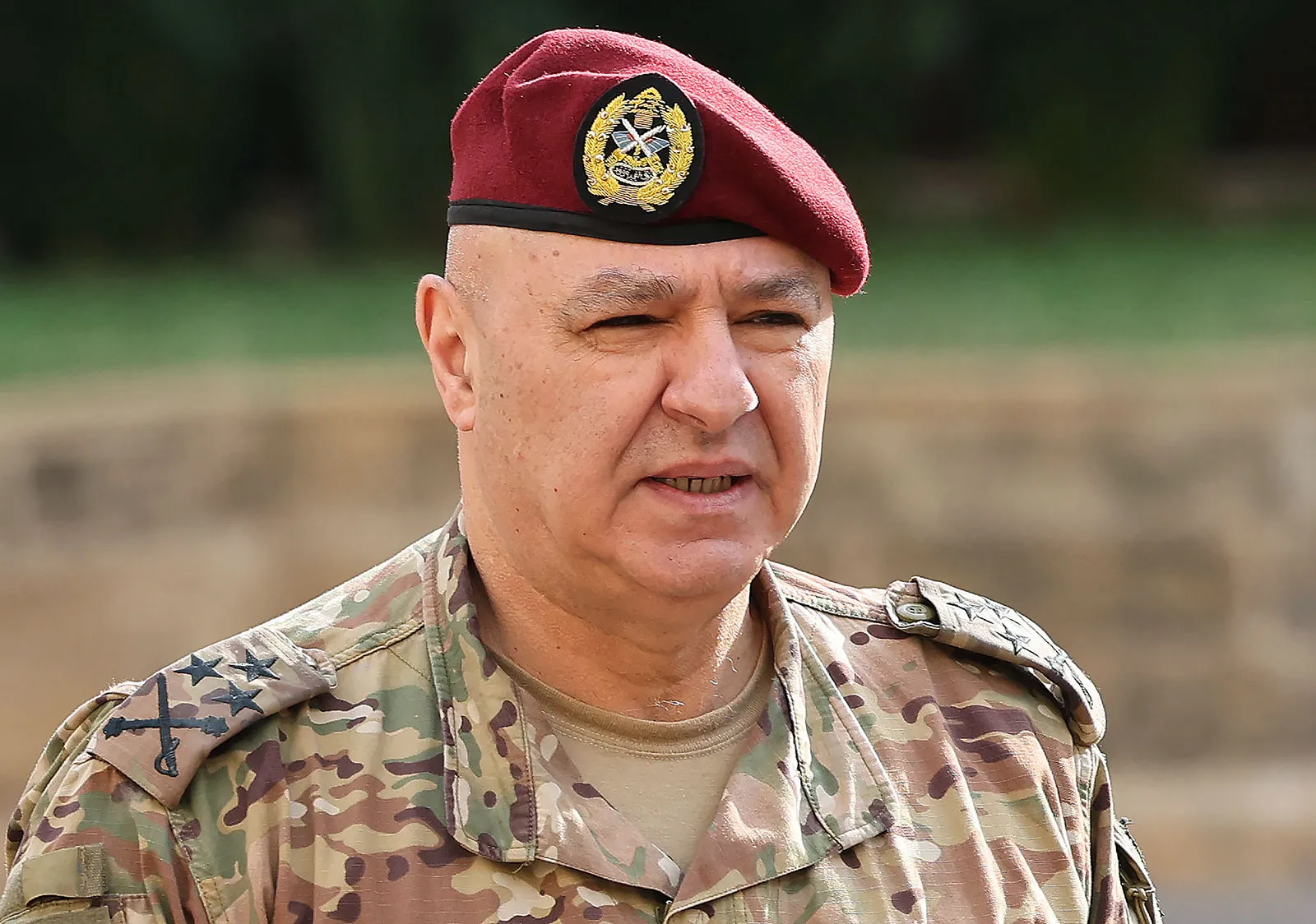 • Southwest may top with 13 states, Northwest 12, Southeast 9
• Southwest may top with 13 states, Northwest 12, Southeast 9
• Nation’s economy can’t afford 67-state republic, says expert
• Financial viability of proposed states missing in Reps’ proposals
Amid the burgeoning weight of the present confederacy on the 36 states in Nigeria, groaning under the heavy burden of debts and inability to perform their fiscal responsibilities, the House of Representatives Constitution Review Committee yesterday proposed 31 additional ones to push the states in the country to 67.
The committee stated this in a letter to the House of Representatives, which was read during plenary by the Deputy Speaker, Benjamin Kalu, who presided over the session in Abuja yesterday.
With the ongoing Constitution review being embarked on by the National Assembly and the Local Government autonomy vigorously pushed by the Presidency, there are pointers that there may also be some additions to the already 774 LGAs in the country.
However, an investigation by The Guardian revealed that the existing states as of June 30, 2024, are indebted to the tune of N11.47 trillion despite increased allocations from the Federation Account Allocation Committee (FAAC).
Besides, the Nigerian Labour Congress (NLC) disclosed that no fewer than nine states have agreed to payment of the N70,000 minimum wage as approved by the Federal Government.
Despite financial challenges hindering the effectiveness of the existing states, lawmakers are proposing an additional six new states in the North Central, four in the North East, five in the North West, five in the South-South, four in the South East and seven in the South West.
If the proposal scales through and is assented to by the President, Northwest with its existing seven states will now have 12, Southwest with six will become 13, states in North Central will rise from six to 12, Northeast states will increase to 10 from the existing six, while states from the Southeast will increase from five to nine as the committee recommended four new states for the region. The South-South is also looking up to four more states to become 10.
The states being considered include Okun State, Okura State, and Confluence State from Kogi; Benue Ala and Apa States from Benue; FCT State; Amana State from Adamawa; Katagum from Bauchi State; Savannah State from Borno; and Muri State from Taraba.
The states also include New Kaduna State and Gujarat State from Kaduna State; Tiga and Ari from Kano; Kainji from Kebbi State; Etiti and Orashi as the 6th state in the Southeast; Adada from Enugu; and Orlu and Aba from the Southeast.
Others are Ogoja from Cross River, Warri from Delta, Ori and Obolo from Rivers, Torumbe from Ondo, Ibadan from Oyo, Lagoon from Lagos, and Ogun, Ijebu from Ogun, and Oke Ogun/Ijesha from Oyo/Ogun/Osun states.
The letter reads, “As amended, this section outlines specific requirements that must be fulfilled to initiate the process of state creation, which include the following: New state and boundaries. 1. An act of the National Assembly for the purpose of creating a new state shall only be passed if it requires support by at least the third majority of members.
“The House of Representatives, the House of Assembly in respect of the area, and the Local Government Council in respect of the area are received by the National Assembly. Local government advocates for the creation of additional local government areas are only reminded that Section 8 of the Constitution of the Federal Republic of Nigeria, as amended, applies to this process.
“Specifically, in accordance with Section 8.3 of the Constitution, the outcome of the votes of the State Houses of Assembly in the referendum must be forwarded to the National Assembly for fulfilment of state demands.
“Proposals shall be resubmitted in strict adherence to the stipulations. Submit three hard copies of the full proposal of the memoranda to the Secretariat of the Committee in Room H331, House of Representatives, White House, National Assembly Complex, and Abuja. Sub-copies must also be sent electronically to the Committee’s email address at info.hccr.gov.nj.
“The committee remains committed to supporting the implementing efforts that align with the constitutional provisions and would only consider proposals that comply with the stipulated guidelines.
The Guardian investigation revealed that during the presentation of the proposals for the state creation on the floor of the National Assembly, none of the proposals specified the financial viability of the proposed new states and their resources for sustainability.
Apart from the fact that the proposal to increase the states is coming at a time when Nigerians are expecting the government to implement the Oronsaye Report on the reduction of cost of governance, the financial viability of the proposed parent states is in jeopardy.
A public analyst, Adio Adegbite told The Guardian that the president might have reneged on its promise of reducing the cost of governance and implementation of Orasanye’s report, insisting that the Nigerian economy cannot afford 67 states.
He said, “The committee set up for its implementation has been forgotten and nobody should expect anything meaningful from it again. The President during his media chat defended his large cabinet and did not see any reason to prune it down. Again, the National Assembly is now talking of new states. And if new states are created, you are increasing the number of government officials and civil servants. Whereas most states are asking their workers to physically come to the office three times a week because they can’t afford their transport fare daily.”
He said: “What is happening is the politics of the 2027 election and it is unfortunate that we are taking this path as a country.
Data from the Debt Management Office (DMO) revealed that Nigeria’s debt stock increased by N8.02 trillion to N142 trillion in the third quarter of 2024, representing a 5.97 per cent increase from N134.3 trillion recorded between April to June last year.
As of June 2024, the five states in the Southeast that are craving for an additional four states owed N415 billion. In the breakdown, Abia N113.71 billion; Anambra N34.42 billion, Ebonyi N22.21 billion, Enugu N82.5 billion, and Imo N163.06 billion.
Besides, the entire IGR of the five states in the South-East in 2022 according to the National Bureau of Statistics (NBS) amounted to N114.4 billion. Anambra with the highest IGR had N33.9 billion, Abia N20.1 billion, Imo N19.3 billion, Enugu N28.7 billion, and Ebonyi N12.4 billion.
Agitators from the Hausa-Fulani-dominated North-West geopolitical zone with seven states in their kitty are demanding the creation of Tiga and Gari states from the current Kano State.
Senator Mas’ud El-Jibril Doguwa, who led the charge, adduced the size and population of the state as a basis for the agitation.
However, he forgot to mention that Jigawa State was created out of Kano State, which is still indebted to the tune of N64.7 billion.
Calls for the creation of four additional states namely: Okun, Okura, Apa, Ogoja and Benue-Ala States, out of Benue and neighbouring Kogi States, have left many to if the agitators considered their viabilities. Kogi is among the states that are still struggling to pay the minimum wage. The state has since 2011 placed its workers on what is termed “percentage” salaries due to paucity of funds and over bloated workforce.
Leading debate on the general principles of the bill, Halims Abdullahi, who is the Deputy House leader, argued that the creation of Okura State with capital in Egume will ensure lasting peace, create a sense of belonging and bring governance closer to the people.
He further argued that the creation of Okura State would engender a balanced, more representative, and equitable distribution of the nation’s resources and the well-being of the people of Igala.
Abdullahi said when created, the state would be inhabited by the Igala people, who are the ninth largest ethnic group in Nigeria with a population of 1.48 million people according to the National Population Census (NPC), 2006.
Between 2015 and 2022, Kogi State’s total revenue (IGR plus FAAC) was a little above half a trillion naira (N506.78 billion).
Of this amount, IGR was only N114.87 million representing 23 per cent while FAAC allocation accounted for 77 per cent, clearly indicating that the state relied heavily on FAAC disbursements for survival.
Oluwole Oke, who chairs the House Committee on Judiciary, is also insisting that the South-West geo-political zone which is currently made up of six states, deserves seven more.
He argued that the proposed Oke-Ogun State, with Iseyin as the capital, would be made up of 12 LGAs, including Olorunsogo, Irepo, Orerelope, Ogbomosho North, Ogbomosho South, Saki-East, Saki-West, Atisbo, Itesiwaju, Iwajowa, Kajola and Iseyin.
He added that Ijebu State, with Ijebu Ode as capital, when created, will comprise Ijebu East, Ijebu North-East, Ijebu Ode, Ikenne, Odogbolu, Ogun Waterside, Remo North and Sagamu local councils.
The lawmaker remarked that Ife-Ijesa State is to be made of 11 LGAs made up of Atakunmosa East, Atakunmosa West, Boluwaduro, Ife Central, Ife East, Ife North, Ife South, Ilesa East, Ilesa West, Oboku and Oriade.
However, Oke was silent on the ability of the proposed states to survive independent of federal allocations.
Amid the agitations, the question remains whether the country facing the challenges of lean resources and high cost of governance can cope with as high as 64 states even when 24 of the existing 36 states are dependent on monthly allocation from the federation account to pay salaries of their workers.
This is aside from the fear that the exercise could fuel tension among the ethnic nationalities and further polarise the country.
According to BudgIT, the 24 states whose wage bills surpassed their IGR are Bayelsa, Ondo, Yobe, Sokoto, Taraba, Plateau, Oyo, Niger, Nasarawa, Kogi, Kebbi, Katsina, Jigawa, Gombe, Ekiti, Ebonyi, Borno, Benue, Bauchi, Adamawa, Akwa-Ibom, Cross River, Abia, and Delta.
Executive Director, Civil Society Legislative Advocacy Centre (CISLAC), Auwal Musa Rafsanjani, believes the agitation for the creation of additional states is in tandem with the desire of the ruling elites to satisfy their selfish interests.
He said: “If they like, let them lobby for the creation of one thousand states in Nigeria. We know some of them are looking for where to steal and carry out impunity and recklessness. Nigerians believe that such demands and the agitation have no developmental agenda but are anchored on greed and power for looting.
“Otherwise, even the present states, most of them are parasitic by their very nature and incapable of providing good governance and exploring economic opportunities for their people to develop.
“There is no plan for wealth creation, no industrialisation plan, no urban and rural development plans, no provision for social security, education, healthcare, infrastructures, agricultural development and services for human dignity and well-being. No one should listen to them.”
A chieftain of the All Progressives Congress (APC), Mr Osita Okechukwu, identified the marginalisation of the various ethnic nationalities in the country for the clamour for the creation of additional states.
According to him, “The agitation for the creation of more states in Nigeria is a process, not a destination. I am one of the proponents because of the syndrome of bandits of multi-colours, where in each state, one ethnic or sub-ethnic group dominates the rest. Naturally, in this circumstance, the rest will continue to agitate for new states because of marginalisation.
“The banditry I mean is that of one group taking unfair advantage of others and when this scenario of recklessly taking advantage of others continues it breeds marginalisation and trust deficit.”
He said trust deficit and marginalisation will continue to generate agitation for more states. This is why for instance the South-East agitates for one more state to level with others and more if others are given more.
According to him, “It’s the bandits of multi-colours, which leads to marginalisation. Marginalisation leads to agitation for more states and opposition to return to regions. My submission is that the more agitation for states increases the more opposition to the region increases.”






